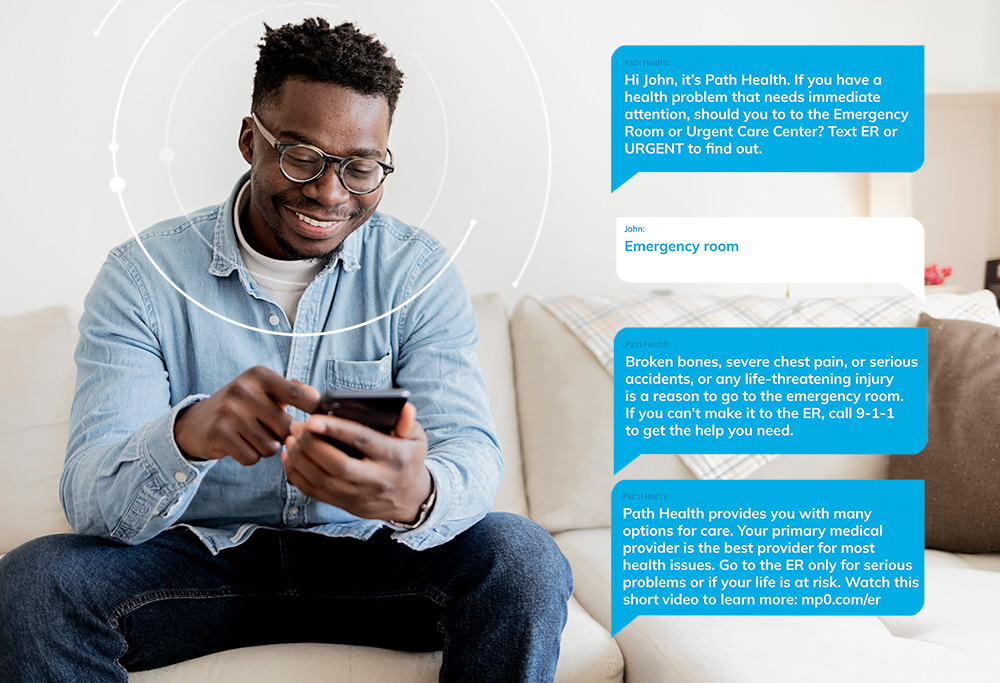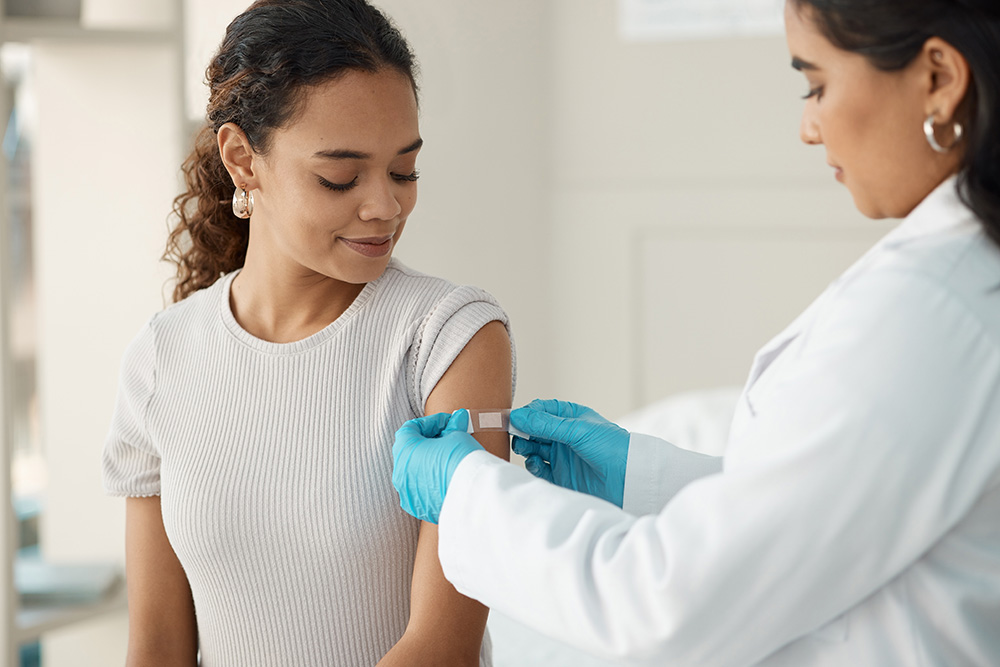Two-way text messaging is substantially more effective than one-way text messaging to improve medication adherence, according to a new study by researchers from Wolfson Institute of Preventive Medicine at Queen Mary University of London.
Analyzing pooled data from eight studies with 1,994 patients, the researchers found that two-way text messaging provided a 23% improvement in medication adherence versus a 4% improvement with one-way text messaging and the difference between the two was statistically significant (p = 0.007). These observations were found to be consistent across different medications and medical disorders.
Of the eight studies, five included patients receiving treatment for HIV, two included patients receiving blood pressure or lipid-lowering treatment, and one included individuals receiving malaria prophylaxis. Medication adherence was measured as the number of doses taken as a proportion of the total number of doses prescribed within a specific time period. Patients were considered to be adherent when the percentage of doses taken exceeded a pre-defined limit (eg, if >80% of prescribed doses were taken in the last 28 days). Adherence was measured by either electronic monitoring, self-reporting or pill counts.
Researchers defined the difference of one-way text messaging versus two-way text messaging by the difference of only sending a text message to remind the patient to take their medication versus sending reminders and receiving a confirmation message from the patient that they took the medication, respectively. While the individual studies compared one-way text messaging versus no text messaging or two-way text messaging versus no text messaging, this study combined the data to compare the effect of two-way vs. one-way text messaging.
The extent to which patients do not take medications as prescribed by their doctors, not only jeopardizes a patient’s health (reducing clinical benefit, increasing morbidity & mortality) but also adds major burden to healthcare costs ($290 billion by some estimates). Text message reminders are increasingly being used as a key intervention to improve medication adherence.
At mPulse Mobile, we have developed a text-based medication adherence solution that uses a comprehensive approach to tackle different factors associated with behaviors to drive medication adherence, including a two-way patient dialogue. Medication adherence is a continuum where an interplay of multiple determinants moves the patient forward or backward. We categorize these factors into three components of behavior change – capability (an individual’s physical & psychological capacity to take medication), opportunity (factors that sit outside the individual to prompt or make possible the act of taking medication) and motivation (brain processes that direct behavior goals, conscious decision making, habitual processes, emotional responding, and analytical decision making). Our solution optimizes medication adherence messaging to patients based on their current state of capability, opportunity & motivation to achieve improved medication adherence.
If your organization is looking to improve medication adherence amongst your consumers, please contact us at info@mpulse.com












